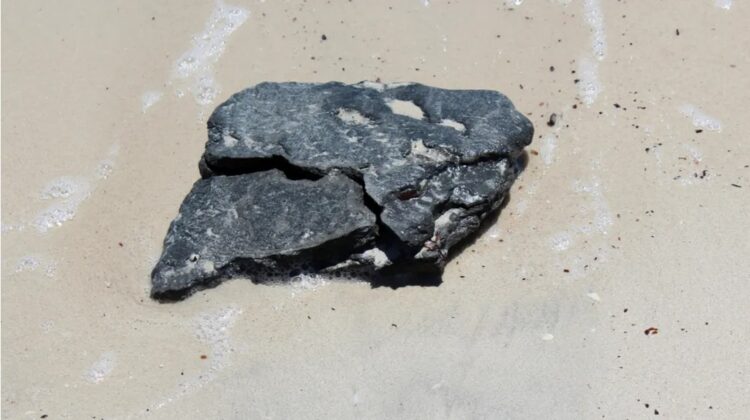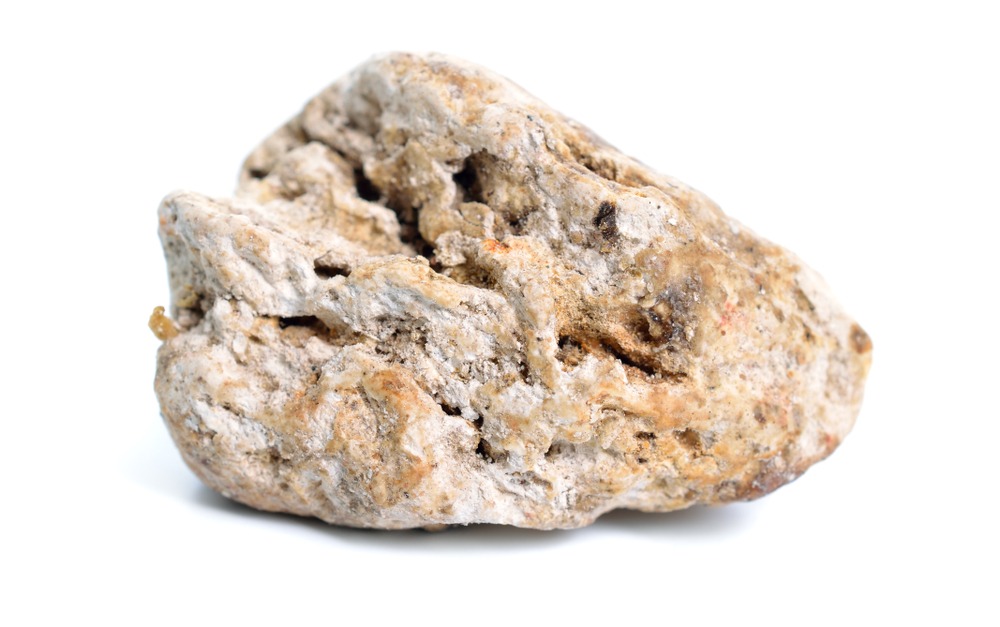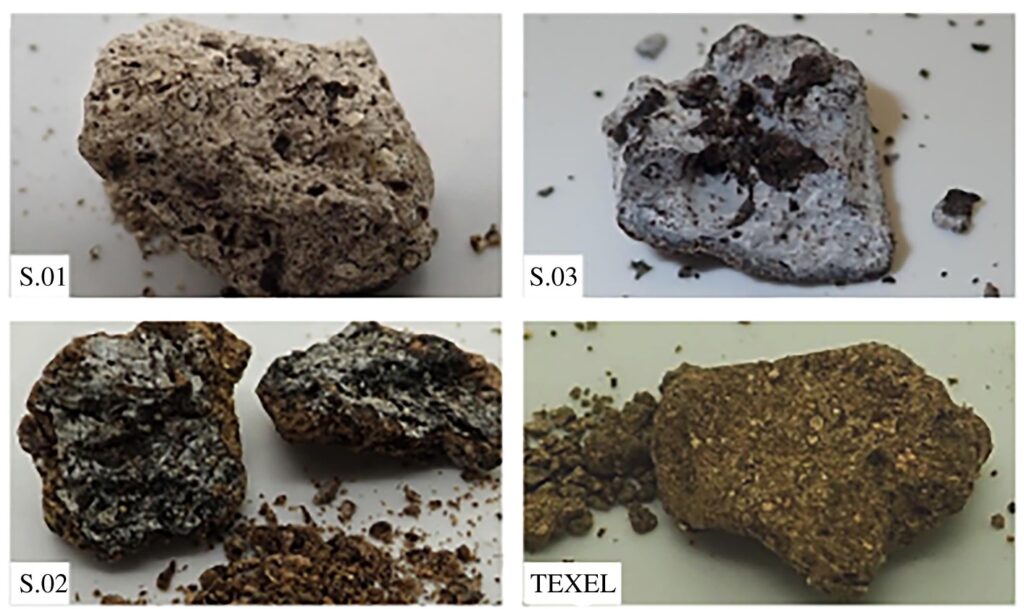
Rare rock-like clumps have long washed up on beaches around the world. The waxy substance known as ambergris is prized for its use in the perfume industry and sought after on black markets for its alleged medicinal properties. An international team of scientists has now confirmed the icky origins of these intriguing lumps through DNA analysis.
This one might require you to put down your lunch: it’s a blob formed in the digestive tract of sperm whales.
Ambergris, also known as jetsam, is a natural product of sperm whales and is found on beaches all over the world. However, it has only been linked indirectly through similar, but unanalyzed, samples found in their guts. The masses are primarily made up of ambrein, an alcohol that originates in the sperm whale’s digestive tract and possibly builds up into a dense, solid mass within the whale colon. Its varied composition – some grains are grainy, while others are denser – makes it especially capable of surviving extreme oceanic environments, with some samples estimated to be thousands, if not millions, of years old.
“Jetsam ambergris has long been an enigma, subject to debate and analysis in scientific journals since the eighteenth century,” the researchers write in Biology Letters.
Researchers extracted and analyzed DNA sequences from three samples collected in the North Sea, Indian, and Pacific Oceans to determine the origin of jetsam ambergris. A fourth sample was taken from a sperm whale beached in the Netherlands in 2012, providing the researchers with “fresh” ambergris from a known source to compare. Phylogenetic analyses “unambiguously supported” the fact that all four samples came from sperm whales (Physeter macrocephalus).

“While confirmation of a sperm whale origin for jetsam ambergris is not a surprising result,” the study authors write, “the current study is the first in providing a significant proof-of-concept in retrieving endogenous DNA from ambergris and successfully using it for organism identification.” They add that other closely related deep-diving whale species may also produce ambergris but have not yet been recorded doing so.
It’s possible that squid beaks found in ambergris irritate the whale to the point of vomiting, resulting in a highly valuable gastrointestinal byproduct. It’s also possible that it’s condensed feces. The findings are the first to use DNA analysis to confirm the biological origin of jetsam ambergris.
“These findings have important implications for understanding the origins of jetsam ambergris as a prized natural product, as well as sperm whale metabolism and diet, and the ecological mechanisms underlying these coproliths,” the researchers write.
Ambergris may also play a role in understanding the long-term life history of sperm whales. The oldest known sample dates back to the Pleistocene era, up to 2.5 million years ago, though DNA preservation is unlikely to have lasted that long.


This is nothing new they have known this for years